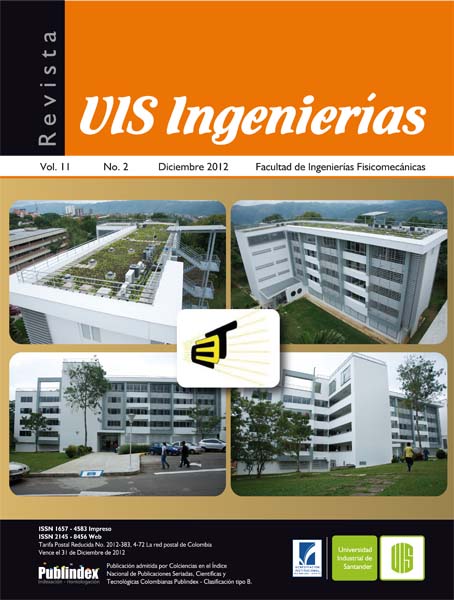Social networks and knowledge representation as a support of learning processes
Published 2012-12-15
Keywords
- Ontology,
- argumentation,
- modelling,
- simulation,
- knowledge representation
How to Cite
Abstract
This paper presents the results of a research project entitled “Simas Y FreeStyler: La Representación Del Conocimiento Como Medio Para La Gestión Del Aprendizaje Autónomo “funded by the UNAD and UDI. It is assumed that the creation of learning communities among researchers, educators and students, supported by digital environments is an alternative for improving the quality of education and ensure the inclusion of IT. This paper presents the results of a descriptive research exercise which incorporates tools for the representation and evaluation in solving case studie by group of tenth grade students. The results show that there are effects of these tools on students’ abilities to solve challenges commonly faced otherwise. It was noticed the Value that social networks can have when forming learning communities.
Downloads
References
- Thiede, K.; Anderson, M. y Therriault, D. (2003). Accuracy of metacognitive monitoring affects learning of texts. Journal of Educational Psychology, 93, 1, 66-73
- Maldonado, L. (2005) (en prensa).Virtualidad y autonomía: pedagogía para la equidad. Bogotá: Universidad Pedagógica Nacional.
- Maldonado, L.F. Et Al., 2008a. Comunidades de aprendizaje mediadas por redes informáticas. En: Revista Educación Y Educadores, Vol 11, No 1 - Julio De 2008a. ISSN: 0123-1294, Indexada Colciencias tipo B. pp. 199-224.
- Maldonado, L.F. Et Al., 2008b. Dígalo: Argumentación en ambientes digitales de educación: una experiencia con reintegrados a la vida civil., (Sep. 2010), DOI= http://www.unad. edu.co/revista_investigacion/images/digaloes/ DIGALO.pdf
- Minsky, M., 1985. The Society of Mind, New York: Simon & Shuster.
- Maldonado, Luis F.; Ortega, Nerey; Sanabria, Luis B; y Macías, David. (2001). Ontología y Aprendizaje de la Geografía. Bogotá: Publicación Universidad Pedagógica Nacional.
- Maldonado, Luis F.; López V., Omar; Ibáñez I., Jaime; Rojas J., Héctor; y Sarmiento, Luis. C. (2002). Desarrollo de competencias en las áreas de tecnología y matemáticas a través de marcos conceptuales. Bogotá: Tecné, Episteme y Didaxis, 12, 78-97.
- Dillenbourg, Pierre (1999). Introduction: What do you mean by “collaborative learning”? In: Dillenbourg, Pierre (Editor): Collaborative learning: cognitive and computational approaches. Amsterdam: Pergamon
- Littleton, Karen and Häkkinen, Päive (1999). Learning together: understanding the processes of computer-based collaborative learning. In: Dillenbourg, Pierre (Editor): Collaborative learning: cognitive and computational approaches. Amsterdam: Pergamon
- Teasley, S., and Roschelle, J. (1993). Constructing a joint problem space: the computer as a tool for sharing knowledge. In: Lajoie, S.P., and Derry, S. J. (Editors). Computers as cognitive tools. Hillsdale NJ: Lawrence Erlbaum Associates.
- Schnotz, W. (1997). Individual and co-operative acquisition of knowledge with static and animated pictures in computer-based learning environments. Paper presented at the European Conference on Learning and Instruction.
- Rojas-Drummond, Silvia, Hernández, Gerardo; Vélez, Maricela; and Villagrán, Gabina (1997). Cooperative learning and the appropriation of procedural knowledge by primary school children. Learning and Instruction, 8, 37-61.
- Gruber, T. R., 1993. A Translation Approach to Portable Ontology Specifications. Knowledge Acquisition, 6(2):199—221.
- Forrester, Jay W., (l989). The Beginning of System Dynamics. Banquet Talk at the international meeting of the System Dynamics Society, Stuttgart, Germany, July 13, l989
- Aracil, J., 1986. Máquinas, sistemas y modelos. Madrid: Editorial Tecnos.

